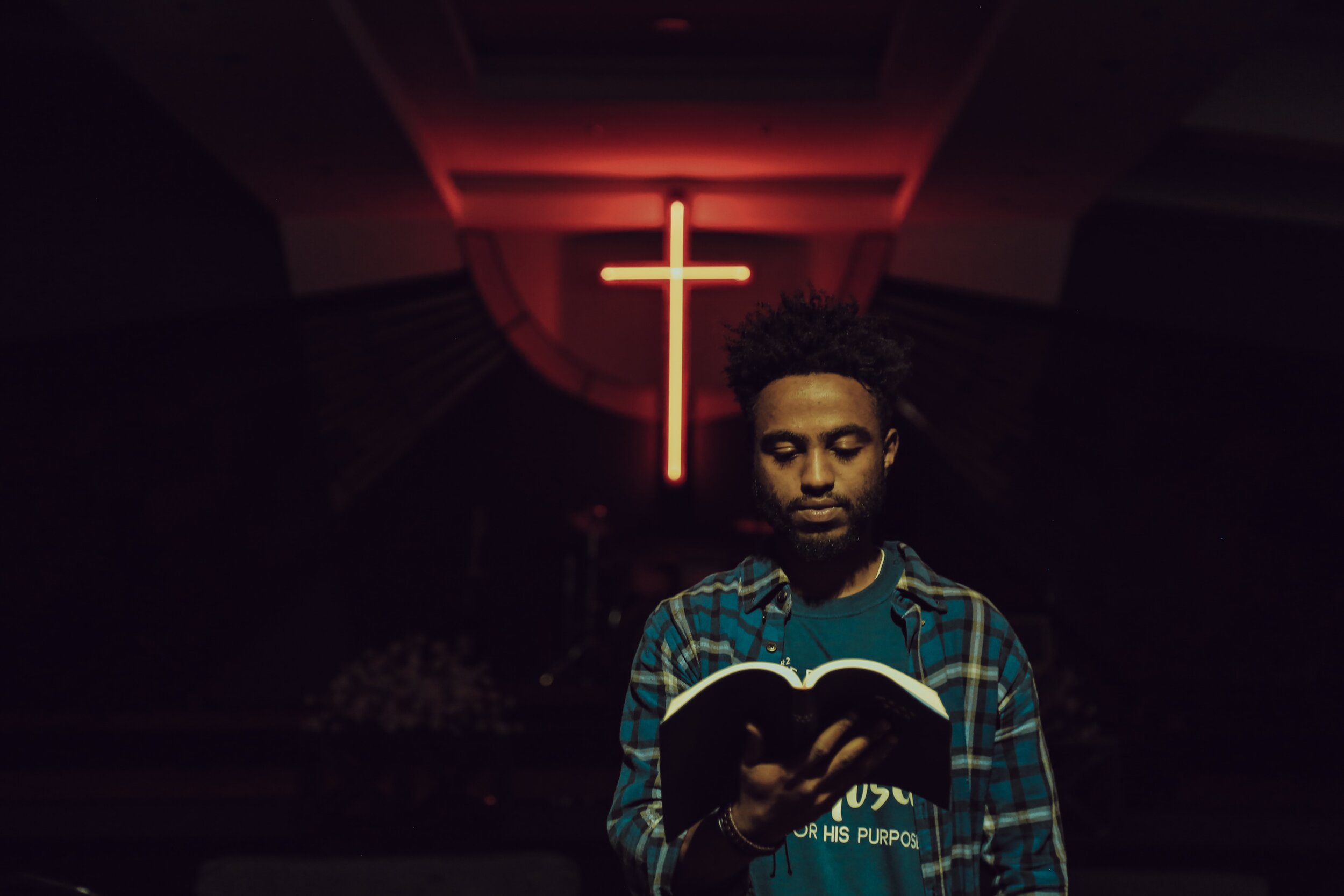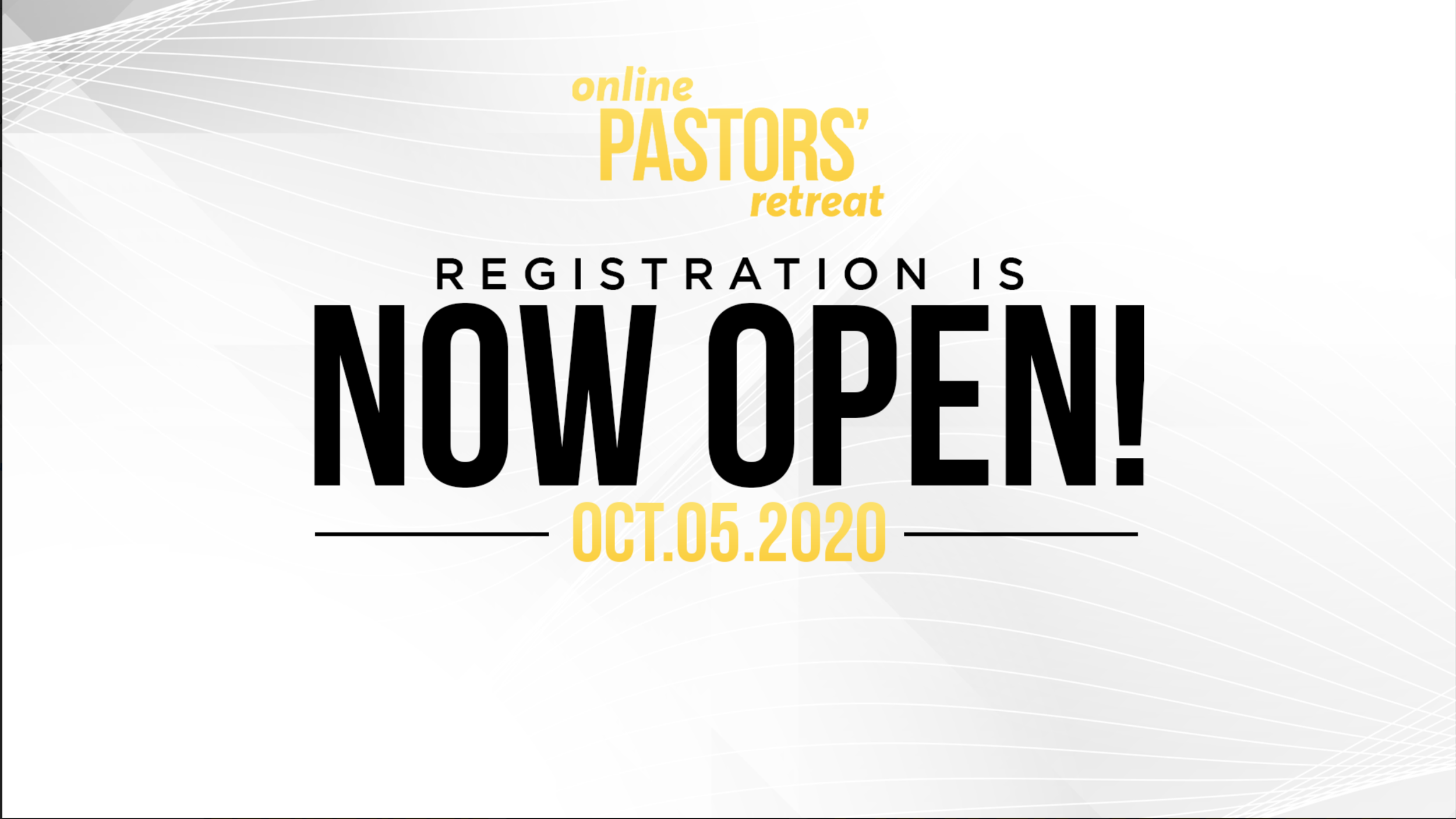Yesterday I sat in my doctor’s office. I was there for an adjustment to my medication for an ongoing health condition. As I sat in the office, waiting for the resident physician under my doctor’s supervision to come see me, the day seemed insignificant.
The resident came in and seemed pleasant. He was very to the point, very thorough. He was young, younger than me and I’m in my early 30’s.
“So, I understand you are looking for some medication changes. We can get you on something different for your condition. Anything else?”
“Yes,” I said. “I would like to start taking Prozac again. My depression has been really bad and I am trying, but I think it’s time for medication.”
“Um, well, are you sure?” he replied.
“What do you mean? I’ve tried it before; it works, I’m pretty sure.”
He responded, “But your doctor told me you are a pastor. Who wants a pastor who takes depression meds?”
“Who wants a pastor who can’t care for the sheep because I’m just too depressed?” I retorted, surprised at his lack of professionalism. “It has not been a secret to anyone for a long time that I struggle with mental illness; I assure you our church knows. God uses people like me all the time, He also uses medication.”
While my actual doctor was nothing if not understanding and supportive, this conversation has haunted me for the last 24 hours. I had to write about it. There is still an understated stigma surrounding medical care for mental health issues, and it’s even harder for pastors. It seems as though we are supposed to never struggle, that we are not people who have the same issues as those in our flocks. We have Jesus. We have grace. Why is that not enough?
Because when we are weak, God is strong. He shows himself powerful through our weakness.
There are so many “what if” questions swirling in my head. For example, what if the resident had said that to a pastor asking for medication for the first time? Would they have said, “Never mind,” and then struggled in silence?
Pastors are killing themselves, friends. This has got to stop. When will we realize as the church that the stigma around mental illness is leaving us all vulnerable? The enemy is taking advantage of the secrecy pastors feel is necessary to continue following their calling while living with a mental illness.
Have you ever suffered from depression? I want you to think of your darkest time, just for a moment. Now, imagine walking through that without the clear ability to ask for prayer, tell a friend how much you are struggling, or get help. Why? Because not only do you feel restrained by the stigma around mental illness in general, you feel shackled by the pervasive belief that church leaders can’t lead well if they have mental health problems. How dark would your days feel if, instead of getting help, you had to keep putting on the “everything is fine” mask?
Photo credit: Gift Habeshaw on Unsplash.com.
We cannot let this continue to happen. This may sound bold, but the depression permeating the leaders of our churches IS NOT the will of God! God is close to the broken-hearted, and He calls us to carry each other’s burdens, even the burdens of those in spiritual leadership.
God is not about darkness, but light. He is the one who will bring everything to light. These promises carry us as Christians; how dark would our days feel without faith in God?
Brothers and sisters in Christ, October is pastor appreciation month. Consider gifting your pastor with words of encouragement: send an email letting him or her know how much a sermon meant to you, or a letter speaking prayer over your leader. Send a card saying thank you. Most people feel appreciated and loved when we receive these blessings. Pastors are no different, and these small offerings from you carry us through hard times, too. PRAY FOR YOUR PASTORS.
We need to know we are useful even in our struggle. Make it clear to your pastor that you and your church know that mental illness affects almost everyone at one time or another. Make it clear that the struggle never affects their value. Be supportive, but not nosy.
Finally, a quick call to my fellow shepherds: Pastors, speak up! Be insistent on your need for counseling or medication, if the need exists. Tell your church you are struggling. Allow your flock the opportunity to comfort and encourage you, too. Be real. Be genuine. Be transparent. Let God’s light shine through your cracks. This is needed for several reasons.
1. Your congregation needs to know they are not alone in their struggle. They need to know mental illness is doesn’t discount their faith.
2. There are people in your community who need to see that the stigma around mental illness is nothing more than a genius plot of the enemy.
3. Your bravery will inspire other pastors to seek help, putting light on that which was previously hidden. The enemy cannot function in the light, because that light is God’s.
4. It will strengthen your conviction that God uses all things for the good of those who love Him.
God walks with you, my precious friends, even through your darkest days. He never forsakes you. In this world, we will have struggles, BUT our Savior, He has overcome the world. May He give us all strength and grace sufficient for our darkest seasons.
Editor’s note: an anonymous pastor in the US sent us this post, which greatly underscores the need for the Online Pastors’ Retreat. We hope you’ll register and share with your ministry friends.





